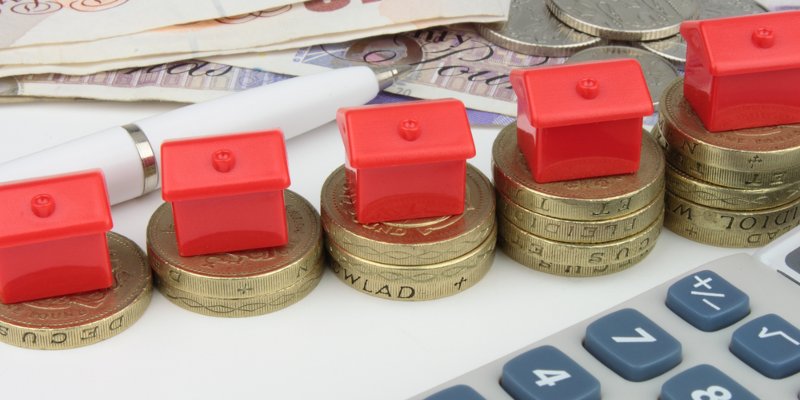The society’s house price index showed that price growth fell to 4.3% in January 2017 – down from 4.5% in December 2016.

Nationwide expects house price growth to slow in 2017 due to a weaker pound and falling real wages.
The society’s house price index showed that price growth fell to 4.3% in January 2017 – down from 4.5% in December 2016.
Robert Gardner, chief economist at Nationwide, said: “On balance, we agree with the consensus view that the economy is likely to slow through 2017 as the squeeze on household budgets intensifies and heightened uncertainty weighs on business investment and hiring.
“Nevertheless, we continue to believe that a small rise in house prices of around 2% is more likely than a decline over the course of 2017, since low borrowing costs and the dearth of homes on the market will continue to support prices.”
He added: “There are tentative signs that conditions may be about to soften. Employment growth has moderated, and while wage growth has edged up in recent months, in real terms (i.e. after adjusting for inflation), earnings growth has already slowed.
“With inflation set to rise further in the months ahead as a result of the weaker pound, real wages are likely to come under further pressure.
“Employment growth is also likely to continue to moderate, should the economy slow as most forecasters expect.”
Russell Quirk, property expert and chief executive of eMoov.co.uk, agreed that 2017 may not be the best year for house prices.
He said: “This year is probably the year we see some form of the knock-on effect from the turbulence of 2016 where price growth is concerned.
“But this is likely to come in the form of a slower rate of escalation rather than a negative movement.
“Despite this potential marginal slowdown, it is widely predicted that the market will remain robust throughout the coming year and prices will maintain their upward trend, which certainly seems to be the case based on today’s numbers.”
Others were more positive.
Mario Berti, chief executive of Octopus Property, said: “Following its extraordinary resilience in 2016, the property market has continued to stand firm at the beginning of 2017.
“The predicted unravelling of the property market in the aftermath of the EU Referendum vote last June simply hasn’t materialised.
"Let's also not forget that the UK is a great place to be doing business. Growth in the UK exceeded that of the EU and the US in 2016 and the outlook is very positive.
“House prices may have nudged down very slightly on an annual basis but the UK property market remains stable.”
For Jeremy Leaf, north London estate agent and a former RICS residential chairman, it was steady as she goes for the housing market.
He said: “Although these figures are quite encouraging bearing in mind they reflect activity in the quieter period for the property market leading up to Christmas, they are also quite historic as they record what happened over the past two or three months.
“What we found at the coalface during that time was a little bit more optimism in the market in terms of sentiment but sadly still not enough supply and not the quantity of buyers that we saw in the early to middle part of last year.
“The result is a steady, more balanced market where prices are likely to be more sensitive in areas which overheated previously.”



